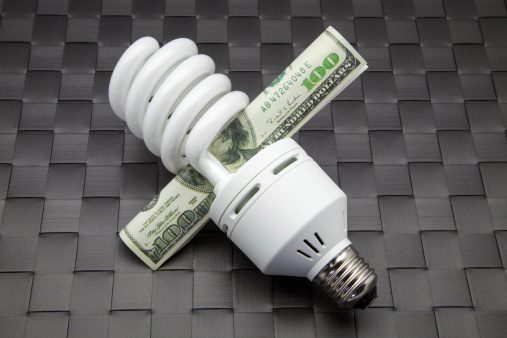Does your credit score affect your insurance rates? As a matter of fact, it does!
Your credit score plays a big role in the price of your insurance. Of course, the higher your score the cheaper your insurance, and the lower your score, the more expensive your insurance will be.
Insurance companies and agencies have many tools available to assist them in the underwriting process. Credit score and history provides a consistent tool to evaluate risk that does not discriminate against any specific group of customers. It helps the customer pay his or her fair share for insurance.
Most companies that use credit information treat it as just one of several factors in the underwriting decision. Generally, your credit rating alone is not likely to keep you from obtaining insurance or paying more, it can help you get insurance.
An NAII survey found that credit histories helped insurers write more policies. Companies said that they are able to accept some customers because the credit report offsets other information. One NAII member found that using credit histories enables it to charge seven percent of its customer’s lower premiums than otherwise would be the case.
So what’s credit got to do with it? A lot! If you have a low credit score, make improving your credit score a goal for the new year.










